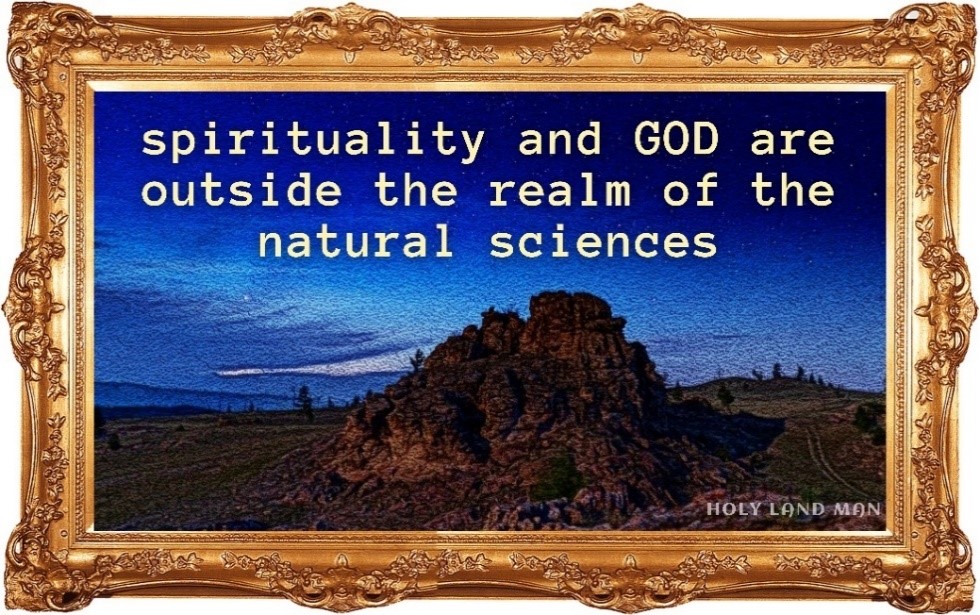And just as there are limitations of every branch of science in relation to others, the same is true for the whole of the natural sciences in relation to that which is beyond nature. GOD, angels, higher worlds, souls, spiritual forces, demons, magic, all of these are, by definition, outside the realm of the natural sciences. They are not part of the natural world, and scientists do not have expertise relevant to them. Any scientist with a shred of humility and self-awareness, if asked what he knows about these entities, should say: “I do not know.” He can, of course, express his personal belief in the subject, like any other person, but it is no longer related in any way to being a scientist.
But here is where many scientists and their credulous followers inadvertently fall into a trap. To advance science, rules have been established for a scientific method and only research that follows these rules can be considered serious scientific research. One of the rules of the natural sciences is to avoid involving supernatural factors in scientific theory. After all, the role of science is to explain phenomena, and each phenomenon can have innumerable possible explanations.
When an apple falls from a tree, it may be because of gravity, but alternatively it may be because GOD caused it to fall, because the apple longs to fall to the ground, because the tree threw it there, or because the apple fairy responsible for dropping apples from trees made it fall.
These explanations are no less possible than the explanation of gravity (no one has seen the apple fairy, but similarly, no one has seen “gravity” either). So why does science prefer gravity in particular? For the simple reason that the other explanations involve supernatural factors. Since the supernatural is outside the realm of the natural sciences, a scientist can neither deny supernatural explanations nor confirm them.



